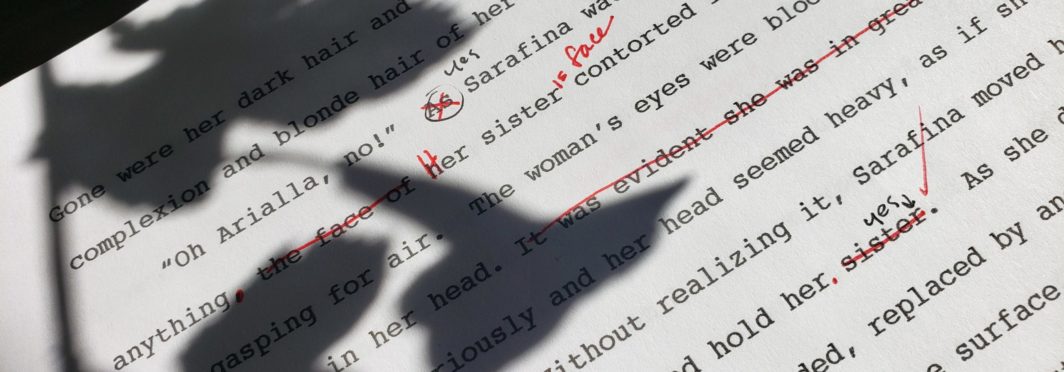If you’re writing your very first book, congratulations. I’m proud of you. Now let’s be sure you don’t make the top ten rookie writer mistakes that can undermine all that effort:
- Thinking that your rough or first draft is your final draft. I love and actively promote the idea of sloppy copy when it comes to bashing out a rough draft. Before worrying about language, you have to nail your content in terms of everything from your ideas to organization or plot. The problem comes when rookie writers complete that rough draft and think they’ve crossed the finish line. One of the biggies when it comes to rookie writer mistakes. You will finish your book again and again as you refine the content and the language. That’s just part of the process.
- Sharing your manuscript before its time. Budding writers often love to share their writing with friends and family. Here’s the problem. You’re either going to get meaningless praise from people who don’t really know what they’re talking about, or you’re going to get crushed by people who don’t really know what they’re talking about. Three words. Don’t do it.
- Passive sentence construction. Too many writers rely on the verb “to be,” along with passive construction. Passive: It was then that the writer realized his writing was boring. Active: The writer then realized his writing bored his readers.
- Weak structure. Whether you’re building a case in a nonfiction book or a plot in a novel, your organization has to logically support your content or your story.
- Drawn-out openings. No matter what you’re writing, you need to hook your reader from the very first sentence. So don’t take forever to make your point or indulge in tons of backstory before the reader even cares about your topic or your character.
- Not enough detail or too much useless detail. Description helps bring your writing to life. Without it, your reader can’t vicariously experience your narrative. As much as a narrative needs detail, however, be judicious about what you choose to describe and how you describe it. Hint: A string of adjectives or adverbs won’t get the job done and will actually work against you.
- Getting creative with speech tags. This is one of those rookie writer mistakes that often gets repeated even after the writers supposedly know better. Resist the urge to figure out a million different synonyms for “says” when writing dialogue. Keep it simple and avoid the speech tag altogether when the speaker is obvious.
- Inconsistency. From how you spell the names of your characters or the people you’re writing about (or even the names themselves) to your content or plot, you want to make sure that you’re consistent and logical.
- Not running–or relying on–a spell check. Do your editor a favor. Run a spell check and a grammar check before you submit your manuscript. Do yourself a favor and hire a line editor (followed by a copy editor) once you’ve revised your manuscript to the point where you’re pretty sure it works and that it’s as good as you can make it.
- Pulling the publishing trigger too early. Even after you’re revised your book as many times as necessary, there are probably errors that remain simply because you can’t see them. As eager as I know you will be to get your book out there, give yourself enough time away from your manuscript to be able to look at it with fresh eyes before you go to press. Then print it out and read a paper version. You’ll be surprised at what jumps out at you that you didn’t see on the computer screen.
Here’s to writing and publishing the best possible book you can!



Sorry, comments are closed for this post.